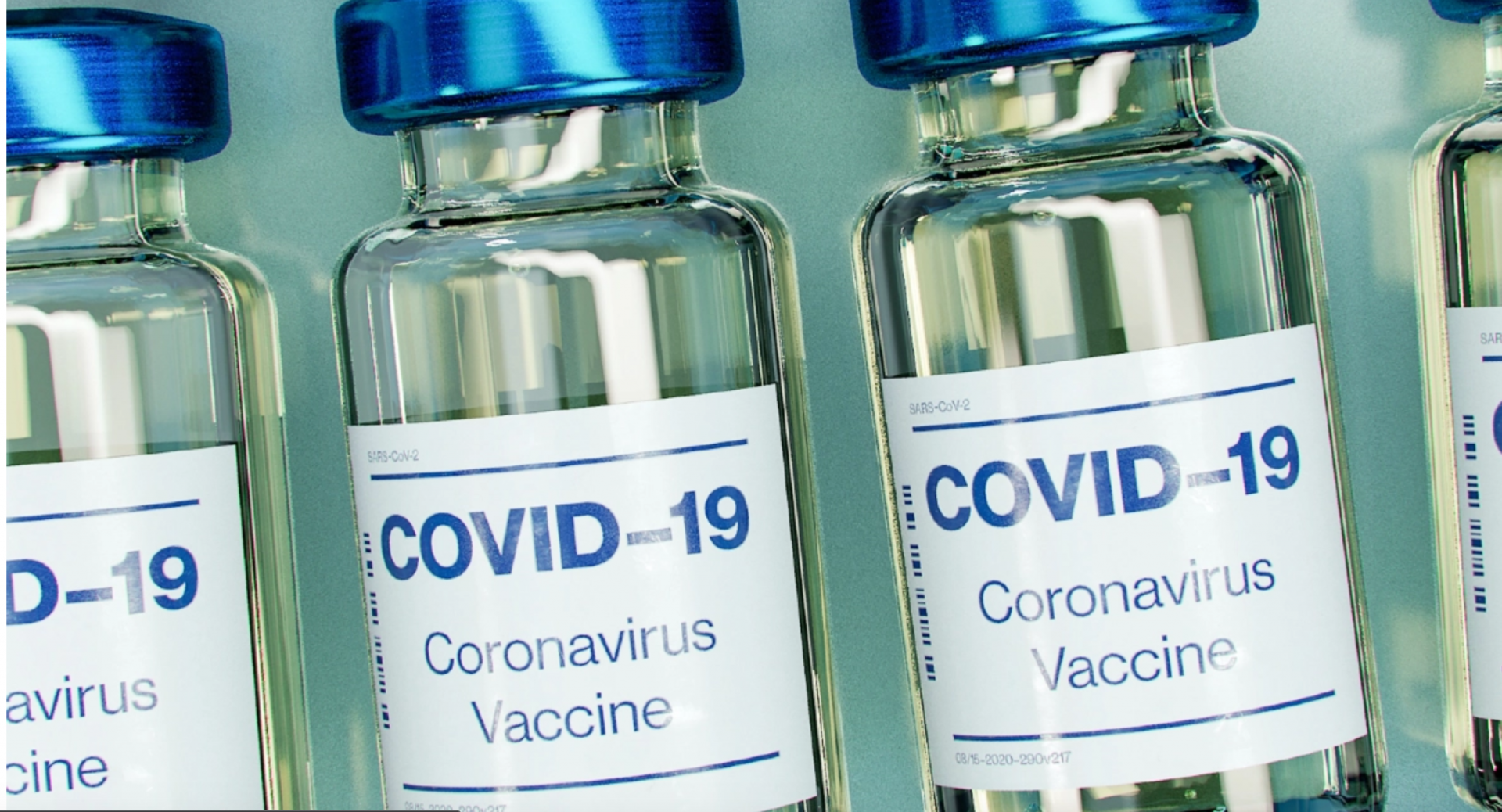By Maheesha Mudugamuwa
The alleged delay on the part of the State Pharmaceuticals Corporation (SPC) in submitting the purchase orders to bring down the Oxford-AstraZeneca Covishied Covid-19 vaccine, manufactured by the Serum Institute of India, is being blamed for the unavailability of around 600,000 doses to administer the second dose among the public, The Sunday Morning learnt.
As alleged by Sri Lanka Association of Government Medical Laboratory Technologists (SLAGMLT) President Ravi Kumudesh, Sri Lanka had started the process of bringing down the vaccines and even the application for donations from India, after India had already begun its donation campaign and made donations to several other neighbouring countries.
He claimed that if the SPC had started the process early, Sri Lanka would have already secured the required vaccine doses.
The National Medicines Regulatory Authority (NMRA) gave regulatory clearance for the emergency use of Covishield in Sri Lanka on 22 January, while, as announced by State Minister of the Production, Supply, and Regulation of Pharmaceuticals Prof. Channa Jayasumana, the SPC had sent a purchase order for 18 million doses of Covishield on 3 February.
Nevertheless, cabinet approval for to purchase 10 million doses of Covishield at $ 52.5 million was given on 22 February in response to a cabinet paper submitted by Prof. Jayasumana, who was the then Acting Minister of Health.
However, at the time the SPC obtained the sole authority to bring down Covishield, there was a local agent for the Serum Institute. The SPC had, however, proceeded with the vaccine programme after obtaining a no objection letter from the said local agent.
Explaining the legal procedure, Attorney-at-Law Ranil Angunawela said the SPC is tasked with the import or manufacture and distribution of pharmaceutical products in Sri Lanka.
“They don’t exercise any regulatory power. The regulatory power is exercised by the NMRA and the line ministry. The SPC can only act on a request made by the Ministry of Health or, in the case of urgent or large procurements, the Cabinet. Once the SPC gets the request order from the Medical Supplies Division (MSD) of the Ministry of Health, depending on the monetary value of the import, there are procurement guidelines on how to proceed. If it is a very large order, according to the procurement guidelines, they have to get approval from the Standing Cabinet Appointed Procurement Committee. If it is a very urgent order, the Cabinet can authorise the procurement,” he said.
“Therefore, the SPC must act on a request by the Ministry, and then get some form of Cabinet approval before taking any action in relation to any large or urgent procurements. If, due to the current circumstances, this process has been changed, there should be some law or regulation that gives the SPC greater powers to act independently,” Angunawela added.
When contacted by The Sunday Morning, NMRA Chief Executive Officer (CEO) Dr. Kamal Jayasinghe said the NMRA had not given any approval to a local agent of the Serum Institute but only allowed the SPC to bring down the vaccine.
SPC General Manager Dinusha Dassanayake, however, denied the allegation of SLAGMLT, saying that there was no delay on the part of SPC to order the required vaccines.
“We have submitted the purchasing orders in a timely manner and there was no delay on the part of the SPC,” he added.
When queried about the method used to appoint the SPC as the sole authority to bring down the said vaccine, Dassanayake said that it was the Health Ministry that had appointed them as the agent for this Covid-19 vaccine.
Sri Lanka started its Covid-19 vaccination programme in late January, after receiving 500,000 doses of the Oxford-AstraZeneca Covishield vaccine from India as a donation. Subsequently, Sri Lanka placed orders with the Serum Institute of India for more doses of the Covishield vaccine.
However, the inoculation programme was affected due to the Institute’s suspension of vaccine exports, owing to a spike in the number of Covid-19 cases in India.
Original post: The Sunday Morning
